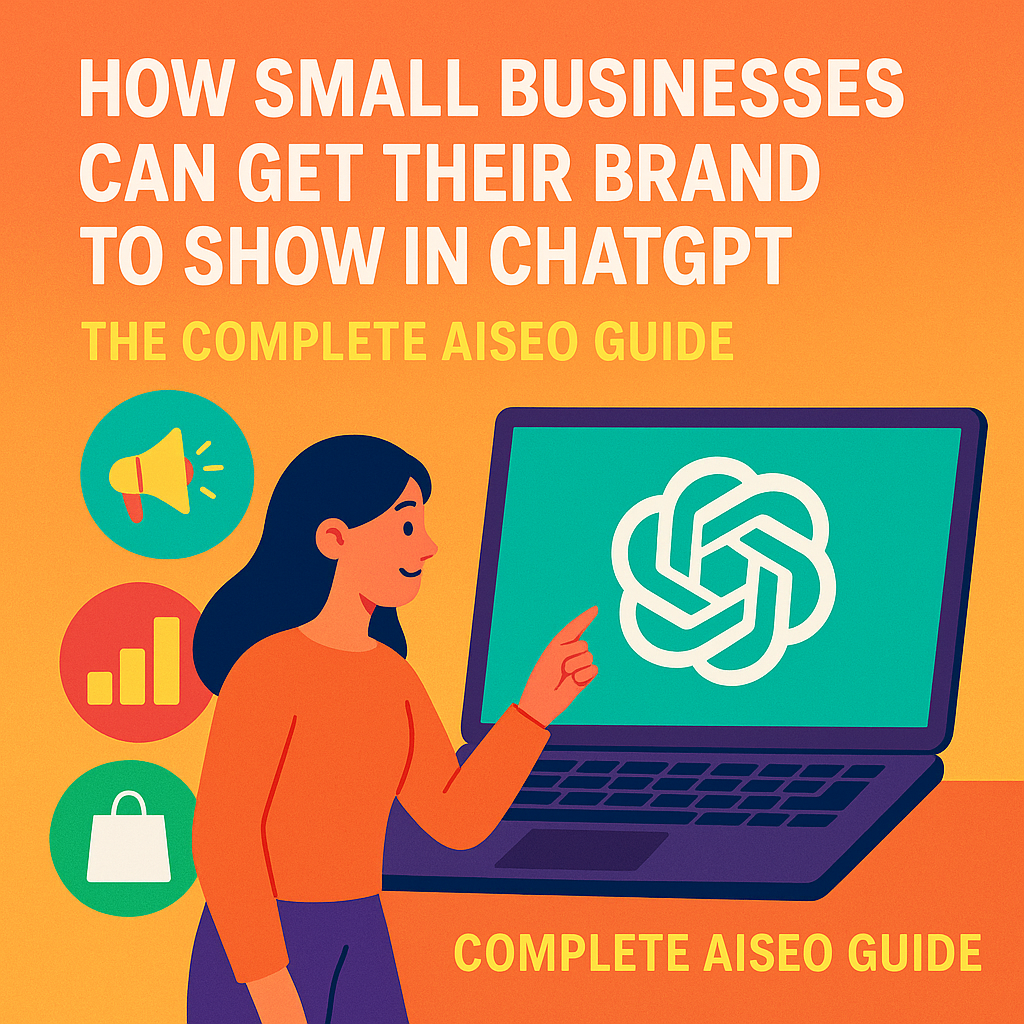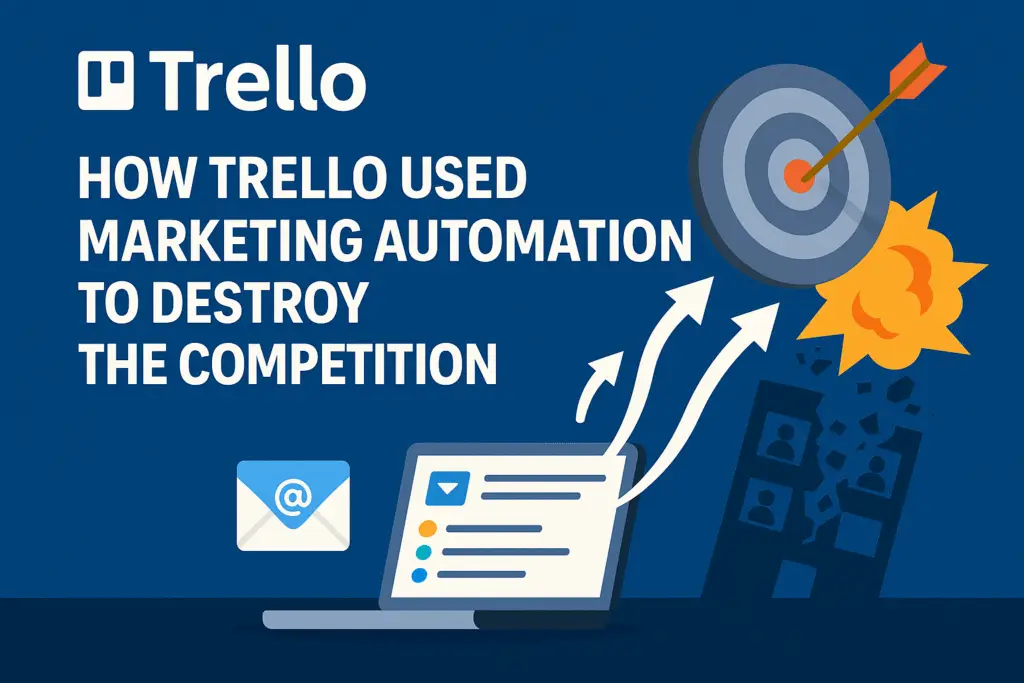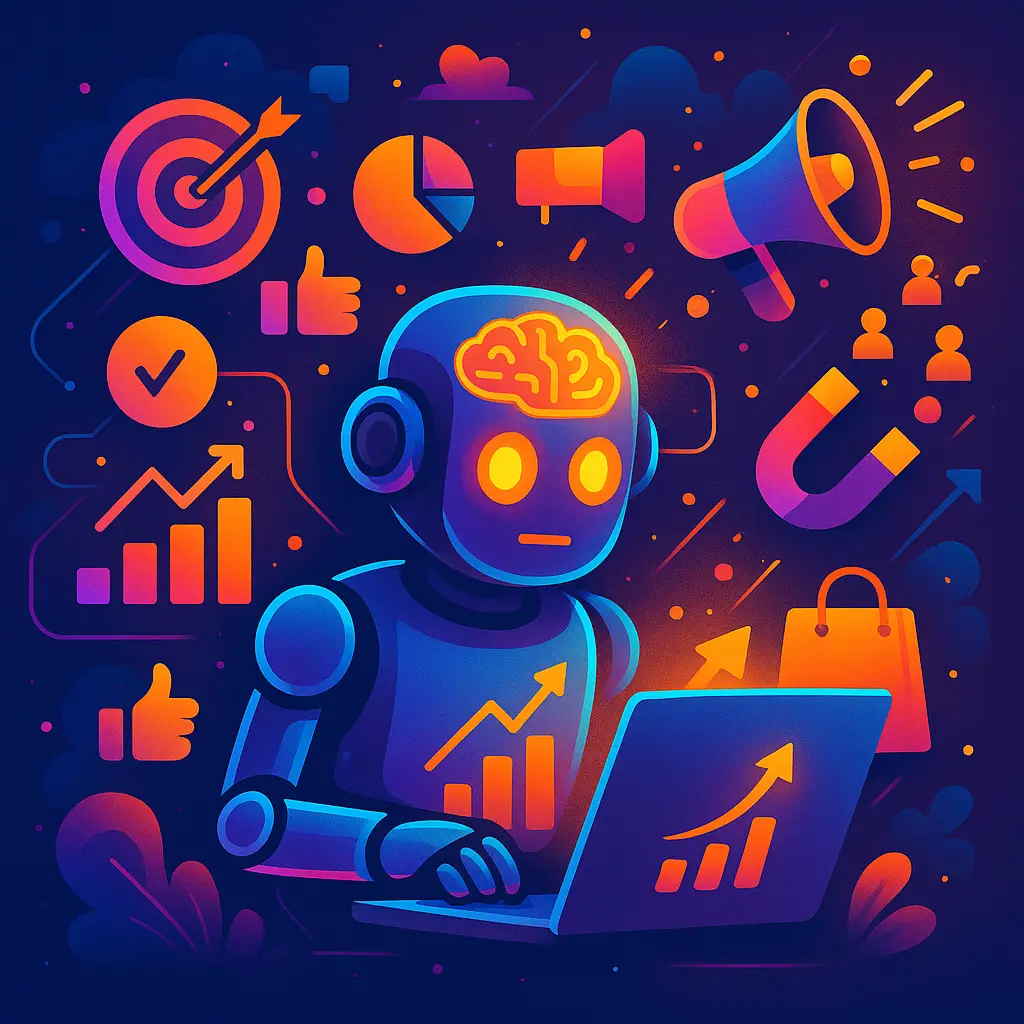
Key Summary
- AI search engines now influence 40% of purchase decisions, making AISEO (Artificial Intelligence Search Engine Optimization) critical for small business visibility
- Structured data and clear content formatting help AI models understand and recommend your business accurately
- Local citations and consistent business information across platforms increase your chances of appearing in AI responses
- Content that directly answers customer questions performs better in AI recommendations than traditional SEO content
- Learning more about professional automation and AISEO can accelerate your improvement in the SERP and and ensure consistent implementation
We’re living through the biggest shift in search behavior since Google launched. Studies show that 41% of consumers now use AI chatbots to research purchases, and that number doubles every six months. Your customers aren’t just googling anymore—they’re having conversations with AI.
The Hidden Problem Most Small Businesses Miss
You’ve probably spent years perfecting your Google rankings. Your website appears on page one for your target keywords. Your Google My Business profile sparkles with five-star reviews. But here’s the catch: AI doesn’t see your business the same way Google does. Traditional SEO focuses on keywords and backlinks but AI search prioritizes different signals entirely. It looks for clear, factual information that directly answers questions and values recent mentions across multiple platforms. Most importantly, it needs to understand exactly what you do and why you’re better than alternatives.
Many business owners discover this gap the hard way, they search for their own services in ChatGPT and find competitors listed instead. The frustration is real, but so is the opportunity.
How AI Decides Which Businesses to Recommend
Understanding AI’s decision process gives you a massive advantage. Unlike traditional search engines that rank pages, AI models synthesize information from thousands of sources to provide direct recommendations.
Content Structure Matters More Than Ever
AI models prefer information organized in clear, logical formats. Your website copy should answer specific questions your customers ask. Instead of vague descriptions like “premium services,” you need concrete details: “We respond to plumbing emergencies within 30 minutes in the Denver metro area.”
Write content that sounds like you’re talking to a friend. AI models understand conversational language better than corporate jargon. They can also detect when content feels authentic versus when it’s stuffed with keywords.
Consistency Across All Platforms
Your business information must match everywhere online. AI cross-references details from your website, social media, review sites, and directory listings. Even small discrepancies in your phone number or address can confuse the system and hurt your chances of being recommended.
This consistency extends beyond basic contact information. Your service descriptions, pricing ranges, and business hours should align across platforms. Think of it as creating a coherent story about your business that AI can easily understand and retell.
Fresh Mentions and Recent Activity
AI heavily weights recent information. A business mentioned in yesterday’s local news article carries more influence than one with a stale website from 2019. Regular blog posts, social media updates, and customer reviews signal that you’re active and relevant.
Customer testimonials work particularly well because they provide natural language descriptions of your services. When satisfied clients describe their experience, they’re essentially teaching AI how to talk about your business.
Practical Steps to Improve Your AISEO Visibility
Start with your website’s foundation. Create an FAQ page that directly addresses common customer questions. Use simple, clear language that explains exactly what you do and how you help people.
Add structured data markup to your website. This code helps AI understand your business category, location, and services. It’s like adding subtitles to a foreign film—suddenly everything makes sense. Claim and optimize your profiles on major platforms: Google My Business, Yelp, LinkedIn, and industry-specific directories. Keep information consistent and update regularly. Each platform is a data source that AI can reference.
Encourage customers to leave detailed reviews that mention specific services. A review saying “Great job!” helps less than one explaining “They fixed our broken dishwasher in two hours and cleaned up perfectly.” The details matter. Create content that answers real customer questions and monitor what people ask in your industry forums, social media, and customer service emails. Then write blog posts or FAQ entries that provide helpful answers.
The Professional Advantage
While you can implement basic AISEO strategies yourself, many successful businesses partner with automation specialists who understand the technical requirements. These professionals can implement advanced structured data, monitor AI mention tracking, and optimize content at scale.
Working with experts also ensures you stay current with rapidly changing AI algorithms. What works today might be outdated in six months, and professionals dedicate full-time attention to these shifts.
The investment often pays for itself quickly. When AI starts recommending your business over competitors, the increase in qualified leads typically exceeds the cost of professional optimization.
Your Next Steps
Start by searching for your own business in ChatGPT and other AI tools and note what appears (or doesn’t) and how competitors are described. This baseline helps you understand your current position. Focus on one platform at a time. Perfect your Google My Business profile before moving to industry directories. Quality implementation beats rushing through multiple platforms.
Document what you learn along the way. AI optimization is still new enough that your experience provides valuable insights for refining your approach. Remember, this isn’t a sprint. Building AI visibility takes consistent effort over months, not days. But businesses that start now will have a significant advantage as AI search becomes even more prevalent.
The future belongs to businesses that show up in AI conversations. Your customers are already having those conversations—make sure they’re talking about you.
Frequently Asked Questions
How long does it take to see results from AISEO efforts?
Most businesses notice initial improvements within 6-8 weeks of implementing basic AISEO strategies. However, significant visibility gains typically require 3-4 months of consistent optimization. The timeline depends on your industry competition and how thoroughly you implement the strategies.
Can I do AISEO myself or do I need professional help?
You can absolutely start with DIY AISEO using the strategies outlined above. Basic steps like optimizing your Google My Business profile and creating FAQ content are manageable for most business owners. However, technical elements like structured data markup and advanced automation often benefit from professional implementation.
How much should small businesses budget for AISEO?
AISEO costs vary widely based on your needs and approach. DIY efforts might cost only your time, while professional services typically range from $500-2500 monthly for small businesses. The key is starting with basics and scaling up as you see results and understand your ROI.
Where can I learn more about implementing these automation strategies effectively?
For detailed guides on business automation and optimization strategies that can improve your AISEO results, check out our marketing automation resources & guides for step-by-step implementation frameworks and advanced techniques that complement the foundational strategies covered here.


